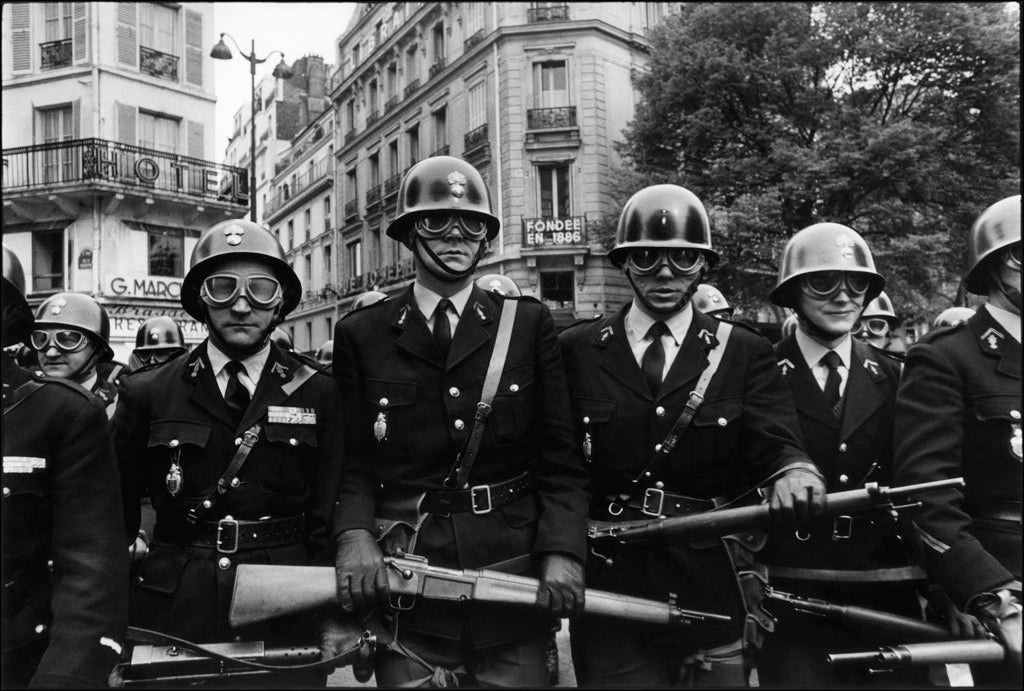
For those of you who don’t know, Paszport! is a one-off football ‘zine from the lads behind The Rig-Out magazine. To whet your appetite a bit, here’s a great article by Proper Magazine’s resident football sociologist / anthropologist / curmudgeon — Mr Mark Smith. It concerns the difference between consumers and participants, French revolutionaries and fanboy numpters. If you don’t like it, he’s up for duking it out it in the comments section afterwards.
This time 44 years ago, the 3rd UEFA European Championship Finals were held in Italy. There were just four nations competing, two of which no longer exist in the form they once did. The host country were joined by Jules Rimet holders England, Yugoslavia and those pesky communists from the Soviet Union. It wasn’t just behind the iron curtain that coverage was limited. Very little television footage of the tournament exists. A stark contrast to the blanket coverage we experience today.
A few short weeks previous to Euro ’68, a different type of contest was taking place in Paris. Social unrest throughout the globe was echoed in the French capital as riots, strikes and protests took hold on a large scale. People had reached breaking point. They’d had enough of social disparity amongst other things, and demanded change. One of a great many iconic slogans around this time was ‘Are you a consumer or a participant?’

Fast forward to the modern day and it’s a phrase that could be applied to the modern football supporter. A couple of decades ago, the chances were if you wanted to watch a live game of football you had to leave your house and head to the nearest football ground. These days you don’t even have to leave your sofa. This has spawned an entire generation for whom participation means the red button or the Talksport phone-in. Or if they’re a bit daring, a 50 inch plasma with the silhouette of a pint pot in the corner, and lashings of whichever beer their robotic, ad-influenced subconscious tells them to drink. They have broken the mould of what it means to be a football supporter. In the past, the definition of that word was literal. Supporters must surely support? Both in a direct financial sense and in person through first hand encouragement and passion. Today, it seems, not so.
There are the increasingly embittered die hards for whom football as a game remains compelling. They find less and less to like about the culture of the game, but the elixir of a last minute goal or derby match victory keeps them coming back for more. They eye the football consumer tribe with a mixture of knowing mirth and a misanthropic angst.
This summer, in Poland and Ukraine another so-called festival of football is taking place. Since 1968, the number of teams involved has quadrupled to 16. The football will of course be enjoyable as a spectacle, save for a few dishonest millionnaires pretending to be injured. But the way in which fans support their respective nations will vary wildly.
Italia ’90 is generally regarded as ground zero for the modern era. The image of Paul Gascoigne’s bottom lip, Gary Lineker camply mouthing the words “Have a word with him” to Bobby Robson on the touchline, all while Pavarotti belted out that song about a bouncer from the Wirral Peninsula (Neston Doorman wasn’t it?)

The Premier League came two short years later, along with fireworks and cheerleaders and Simple Minds. There’s a gag to be made there about simple minds and the new breed of fan but I can’t quite connect the wires. We should have folded our arms right there and then and said “Alright now stop it just stop it”, Partridge style. It wouldn’t have made any difference but it would have been fairly amusing.
In the 20 years since the Premier League was formed, it has become the norm for almost everyone to have a favourite team. Even the biggest self-proclaimed “massive fan” need not engage with his team in person. The media saturation enables him to affect the clued up persona which was once solely the domain of the season ticket holder and the away traveller. Their opinions, which are usually expressed so vehemently, are informed not by personal experience and time-served perspective but by whatever the last thing they heard on the radio was. They don’t support a team in the literal sense, but they definitely have a favourite team.
And there’s the rub. These days, it has become the norm for people to have a ‘favourite team’.
“Who’s your favourite team mate?”
It’s like being asked who your favourite actor is or which band tops your list. The gentrification of the game has led to people having a favourite team like they’d have a favourite brand of washing powder. It’s acceptable. At one time, the distinction between the term ‘fan’ and ‘supporter’ was a difficult one to make, after all if you were a fan of a team you probably went to watch them, earning the title ‘supporter’.

These days, those terms can be stripped back to the more literal ‘consumer’ and ‘participant’ just like back in Paris ’68. It remains to be seen whether the trend will continue until the hardy few die out and are replaced by happy clappers who celebrate a goal like they’ve just won a quid on a national lottery instant. It’s a strange time for football culture. Maybe it’s time for a revolution again? Maybe it’s time to drag the game back to its roots.
If that revolution does come though, you can be quite sure it’ll be televised. Pay per view, probably.